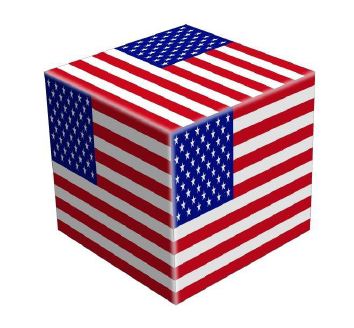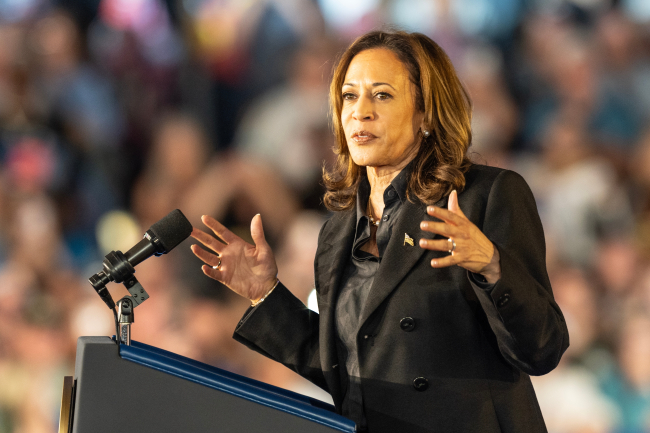One Year Into the Obama Administration, What Has Really Changed?

On the occasion of Barack Obama's Nobel Peace prize-giving ceremony a live TV broadcast from Oslo, was organized by Ifri and the Embassy of the United States. The annual conference on the United States, organized by the United States program continued on December 11 notably with Dominique Moïsi, Special Advisor at Ifri, Thomas Heller, L. Talbot and N. Hearn Shelton Professor of International Legal Studies, Emeritus, Stanford Law School, John Bruton, Former EU Ambassador to the United States, Former Taoiseach and Hubert Védrine, Former Minister of Foreign Affairs.
Read E.J. Dionne's article, Columnist, The Washington Post
This content is published in French only - Programme de la conférence annuelle 2009 : Un an après l'élection d'Obama : quelle est l'ampleur du changement ?
This content is publised in French only - Un après l'élection d'Obama : quelle est l'ampleur du changement ?

Available in:
Regions and themes
Share
Related centers and programs
Discover our other research centers and programsFind out more
Discover all our analysesKamala Harris's Economic Program
Since receiving the Democratic nomination in the wake of President Joe Biden’s decision to step aside in the 2024 American presidential race, Vice-President Kamala Harris has been striving to define her own policy platform to attract voters in the limited time remaining before the November 5th election. Since the economy is a central issue for American voters, Harris developed several propositions in that area.
IRA: Towards Clean Hydrogen Leadership in the U.S.
Although late in adopting clean hydrogen (H2) and defining a national strategy–a draft was presented by the Department of Energy (DOE) in September 2022–, the United States (US) has strongly reinforced its support to clean hydrogen with the passage of the Inflation Reduction Act (IRA) in August 2022.
Convince and Coerce: U.S. Interference in Technology Exchanges Between its Allies and China
The tough-on-China policy adopted by the Trump and Biden administrations has – and will increasingly have – important consequences for Washington’s allies, both on their infrastructure choices (5G, submarine cables...) and on their technological exchanges with China.
AUKUS Rocks the Boat in the Indo-Pacific, And It’s Not Good News
For anyone who still harbored doubts, Washington made crystal clear from the announcement of the new trilateral alliance with Australia and the UK (AUKUS) that countering China is its number one priority, and that it will do whatever it takes to succeed. Much has been said about the consequences of AUKUS on the French-US relations, but the strategic implications for the Indo-Pacific nations (including France), and for China especially, are also critical to consider.









